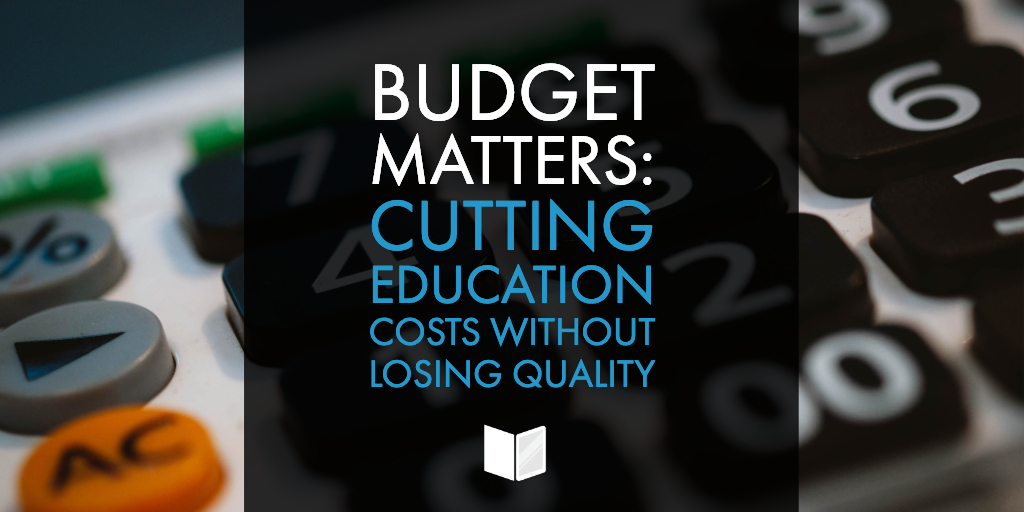In the education space, it’s no secret that controlling costs is a critical component of any administrator’s job. It’s just as important as providing the best possible resources for students. Unfortunately, with textbooks becoming more expensive every year, higher education professionals often find themselves facing the following conundrum:
They need to decide whether to allow the use of outdated material or have students buy books that cost hundreds of dollars, only to be used sparingly (because let’s face it - students hardly read their college textbooks cover to cover).Professors are very aware of the struggles that their students may face when it comes to purchasing textbooks. In fact, a study by Babson Survey Research Group shows that 60% of faculty members believe the cost of course materials is a serious concern for students and 80% said that these costs are “very important” in their selection process.
Interestingly, though, these faculty members don’t seem to be overwhelmingly in favor of Open-Educational-Resources (OER), which help to lower costs. Some say they don’t like digital materials in general, while others are concerned about the quality of the text.
So, if OER aren’t the preferred solution, what is?
Traditional Textbook Costs
The cost of college textbooks has always been high because they’re required resources. Plus, they’re updated frequently - sometimes annually depending on the subject matter - with new information and statistics. This naturally brings up the cost. On top of these factors, even printed textbooks have tried to incorporate digital supplementary elements without becoming purely digital resources.
As a result, faculty at many colleges and universities have noticed an alarming trend, which students have admitted to:
Students aren’t purchasing the textbooks because they simply can’t afford them. In one example presented in a Vox article, a student would have had to spend an additional $100 - on top of the cost for the textbook itself - for the digital access code that provided access to supplementary material and homework assignments. Those assignments ended up being worth 20% of their grade. The student ultimately chose not to purchase the code and started off the semester at a disadvantage simply due to budget restrictions.
The Solution
That's where Gutenberg Technology's MyEcontentFactory (MEF) for Universities can help. MEF lets university faculty and staff customize and create a comprehensive digital learning experience for their students that helps keep costs for students more manageable, all without sacrificing the quality of their materials.
You can curate your own content, and easily link to additional resources, learning tools and assignments. The tool provides a single platform that’s designed to manage it all - texts, resources, and assignments - all in one place. This means that students won’t have to be faced with the difficult decision of whether or not to buy some, all, or none of the requisite resources for a course, as they're all bundled together.
Learn more about MyEcontentFactory and how you can ensure that your students are getting the best, most customized learning experience possible, without having to break the bank.






Leave a comment